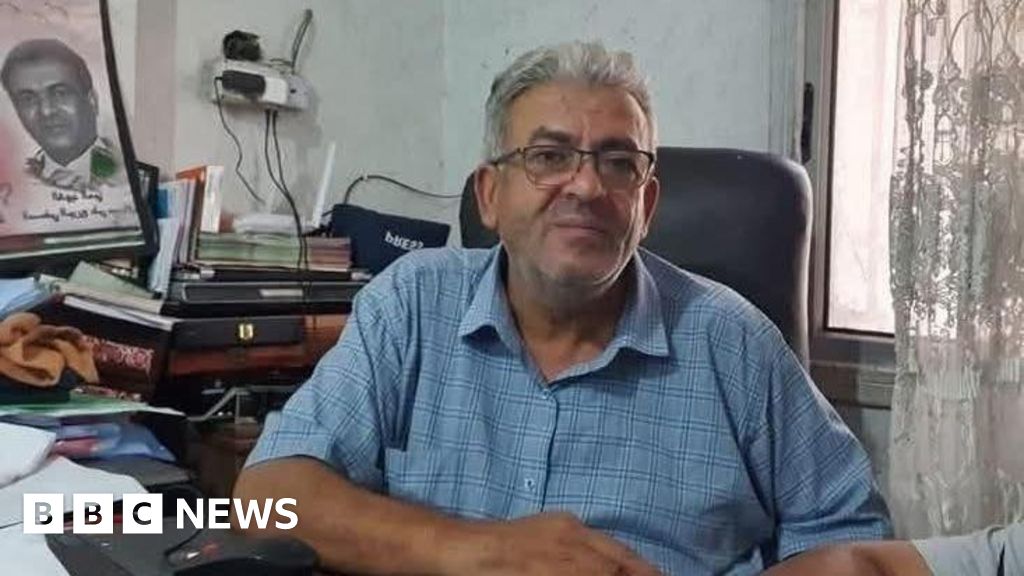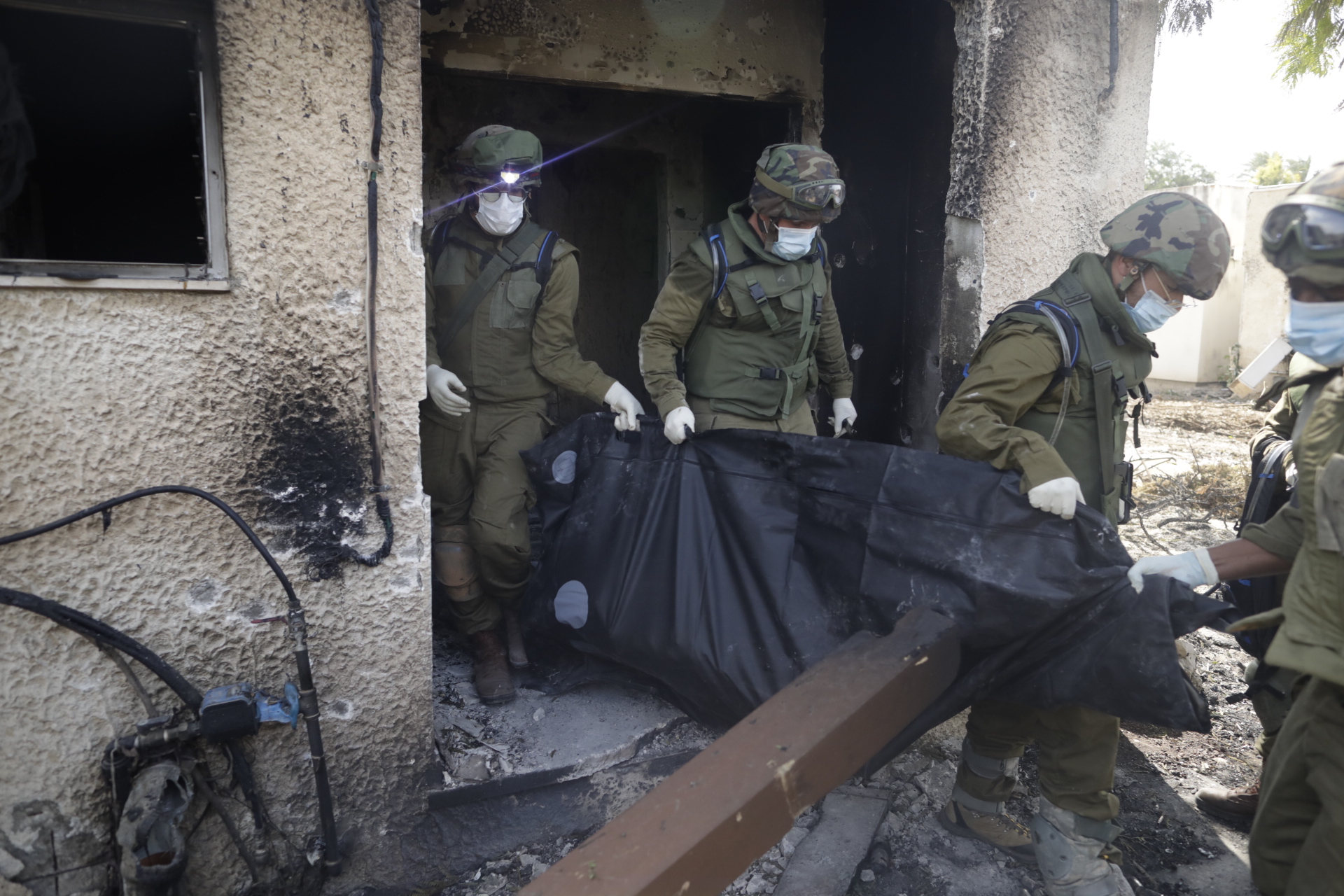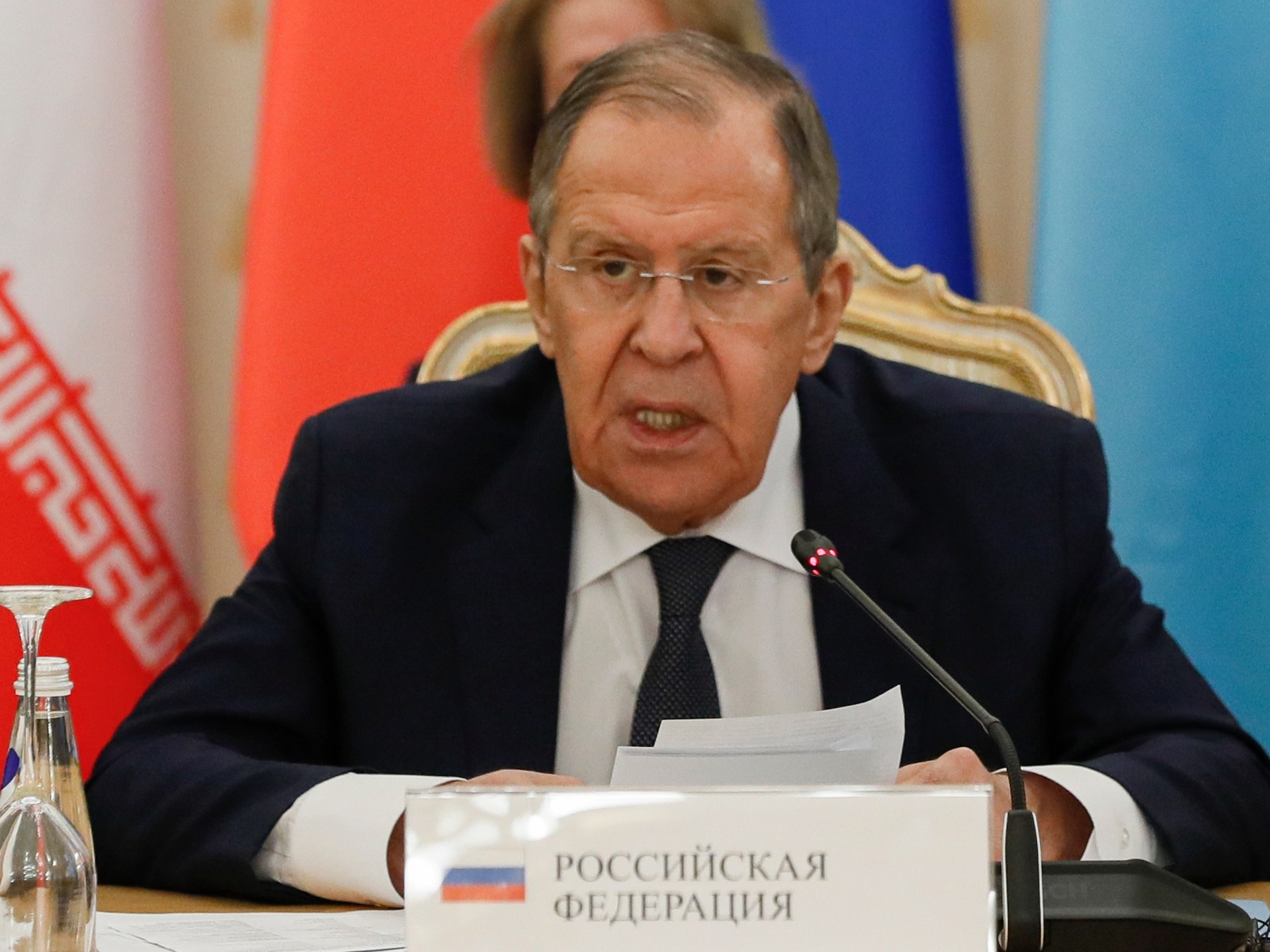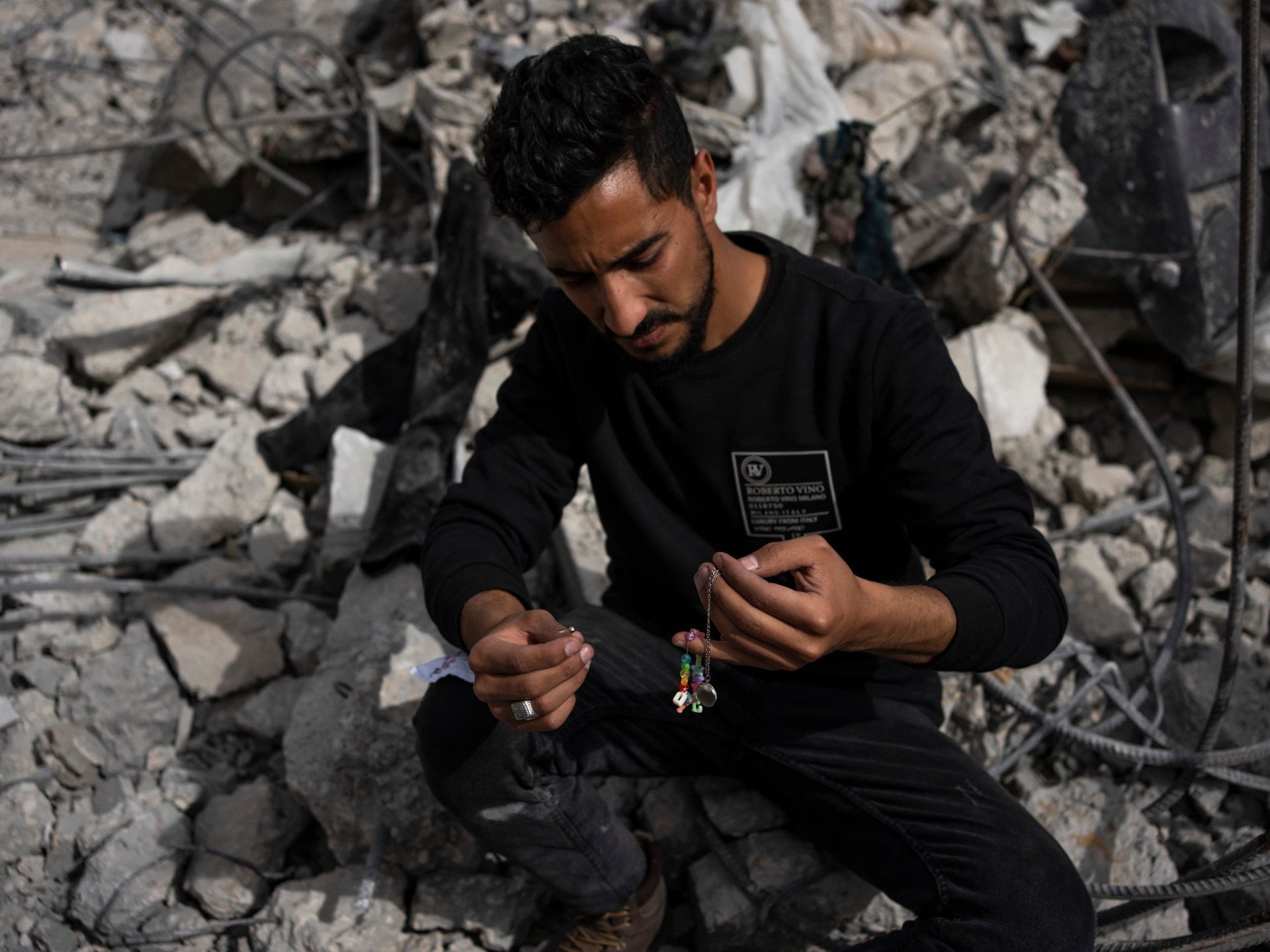After Hasina: Cautious optimism for Bangladesh’s future | Opinions
By all quantifiable measures, Bangladesh’s now deposed Prime Minister Sheikh Hasina was the most entrenched, dominant and brutal dictator the country had seen since its independence. She jailed, exiled and eliminated most of her political peers like no other ruler in South Asia’s history. She brought all the branches of the Bangladeshi state under her command with such great efficacy that at some point she became the state.
Yet, a leaderless movement of college students challenged her with marches with pre-announced dates and venues. In a matter of weeks, these young revolutionaries drew the nation with them into the streets to the point that Hasina had to catch a helicopter to flee. They achieved something that established political rivals of the former prime minister had tried for over a decade but failed consistently.
While the young revolutionaries and their supporters have much cause to celebrate, the road ahead for the country will not be without challenges.
A recipe for a successful student movement
The beginning of the end for Hasina came as a group of young people started making demands for the removal of an unfair quota system in the distribution of civil service jobs, which was essentially giving preferential treatment to the relatives of her political cronies.
In organising their protests, the students created a distributed co-leadership structure, where the leaders held the role of coordinators. They called their coalition the Students Against Discrimination movement. The coordinators came from both public and private educational institutions.
What could have been quelled with some simple promises of future reforms was inflamed by crass comments by the prime minister and brutal suppression by her security forces. But the protest organisers were battle-tested and knew exactly what to expect.
Just six years ago, many of them had participated as teenagers in another massive wave of demonstrations which focused on the country’s lawless transportation sector. Those protests erupted after a commercial bus ran over two students. The vehicle that caused these deaths was owned by a company linked to a relative of a minister.
Just like in 2024, in 2018 the youth were beaten mercilessly by Hasina’s civilian militia, that is, the student wing of the Awami League party. The use of violence managed to suppress the protests, but not before this generation of revolutionaries had gained enough experience in organising successful protests, creating alternative command structures, using improvised communication techniques under internet blockades and evading government surveillance, etc.
All of these skills helped them in their successful bid to oust the most ruthless dictator in Bangladesh’s history.
Is this the end for Sheikh Hasina?
Hasina has had to leave Bangladesh before. While she was residing in Europe, a bloody coup took place against her father, President Sheikh Mujibur Rahman, in 1975, which killed almost all of her family. She extended her stay abroad and only came back to the country in the early 1980s. She quickly gained prominence on the political scene and managed to create a cult-like following among the members of her father’s Awami League.
Following another military coup in 2006, both Hasina and her main political rival, Khaleda Zia, were about to lose their right to participate in politics in Bangladesh. Zia refused to go into exile and stayed in Bangladesh under house arrest. Hasina took the safe exit and spent time in Europe and the United States before returning to Bangladesh. She contested the 2008 election and won with a landslide.
But her triumphant return to power in 2008 is unlikely to be repeated. Given the massive bloodshed and indiscriminate killings that took place throughout her tenure, it will be extremely difficult for the 76-year-old Hasina to revive her political fortunes this time.
General Waker Uz Zaman, the military chief who eventually asked Hasina to leave the country, happens to be a relative of hers through marriage. However, the possibility of a successful counter-coup to facilitate her return to Bangladesh is improbable at the moment, given the popular resentment towards her rule.
The fact that no other political figure of her stature had ever had to flee the country facing the rage of the people has permanently damaged Hasina’s reputation as an invincible leader. After all, she was chased away by hundreds of thousands of youths wielding sticks and bricks, while her men had all the guns and were shooting indiscriminately. This inglorious exit will make her future comeback politically untenable.
What lies ahead for Bangladesh
An interim caretaker government headed by one of Hasina’s nemeses, Dr Muhammad Yunus, Bangladesh’s only Nobel laureate, was sworn in on August 8, three days after Hasina fled. Dr Yunus, one of the few prominent political figures who is respected across the nation, will be the chief adviser, a title equivalent to prime minister.
The 16-person advisers’ panel (the equivalent to cabinet ministers) that he chose includes civil society luminaries, several of whom had received international accolades. Among the advisers are two leading coordinators from the ranks of the student movement. Dr Yunus and his selected advisers received positive media and public acceptance so far, but they have a difficult job ahead.
At the moment, student organisers are demanding Bangladeshi politics to be wiped clean of politicians associated with corruption and mismanagement, not just during Hasina’s rule but also in the governments that came before her.
The trouble is that Hasina’s political DNA is found in every corner of the Bangladeshi state she left behind. Her hand-picked judges, bureaucrats, police and military commanders are still running the show. Making the new government acceptable to the people will require a messy process of administrative reshuffle, terminations and outright arrests of Hasina’s personnel, a process that has already begun.
During his first televised speech, General Zaman promised to bring justice to the victims of indiscriminate killings by the state apparatus during Hasina’s reign. Newly appointed advisers of the interim government echoed this intention. That accountability process, however, will certainly be lengthy and it is not clear if it can ever be completed under their watch. Reforming the police, civil bureaucracy and military command to restore people’s confidence in any future electoral process will also take time.
Dr Yunus also has to address various challenges in relations with Bangladesh’s two big neighbours: India and China.
India, the country that was the chief defender of Hasina on the world stage, is both shocked and saddened by her departure. It has security concerns about the possible breakdown of law and order, and targeted repression of the large Bangladeshi Hindu population.
Gobinda Chandra Pramanik, one of Bangladesh’s most prominent Hindu community leaders, has sought to assuage Indian fears, stating that Hindus are facing just as much anarchy as the rest of the country at the moment and things are gradually calming down as volunteers from major political parties are showing up to protect the Hindu community.
The cabinet of advisers and major political parties in general may need to address Indian pressure so that personnel who posed serious national security threats to that country do not return to power. That negotiation will be complicated.
Hasina’s geopolitical chessboard was to counter American concerns on human rights by addressing India’s security fears and engaging with China’s business interests. Now, the future government may be busy blunting Indian security concerns by delivering on the Americans’ anxieties about China. Orchestrating this geopolitical dance will benefit from the broad international acceptance that Dr Yunus brings, but execution and delivery may still be difficult.
The main task for the interim government remains organising a new general election. Demands for a tribunal to prosecute thousands of illegal deaths and gross human rights violations either locally or internationally may make things complicated for the Awami League’s participation in a future national election. The party itself may also predicate its future electoral participation on conditions favouring a return of Hasina’s clan, if not Hasina herself.
All other parties will also have to navigate legal difficulties, given the serious criminal charges filed under Hasina against her political opponents to make them ineligible for contesting elections. That includes Tarique Rahman, the de facto leader of the Bangladesh Nationalist Party, who is serving a life sentence over his alleged role in a 2004 plot to assassinate Hasina. Bangladesh’s largest Islamic political party, Jamaat-e-Islami, was banned on August 3 and had been barred from running in elections since 2013.
Given the immense hurdles, it is likely the current interim government in Bangladesh will last several months, if not at least a year. Upon swearing in, the advisers gave no indication regarding the duration of their tenure.
Many Bangladeshis are calling the overthrow of Hasina their second independence – the first one being breaking away from Pakistan 53 years ago.
There is exuberance and hope for a better future everywhere. But optimism should be cautious. Whether this latest revolution enshrines a fairer, freer, less brutal and democratic Bangladesh depends on the practicality of the demands placed by the revolutionaries and the dexterity of the new administration, regarding not only managing them but also addressing pressures from external forces.
The views expressed in this article are the author’s own and do not necessarily reflect Al Jazeera’s editorial stance.
Check out our Latest News and Follow us at Facebook
Original Source







